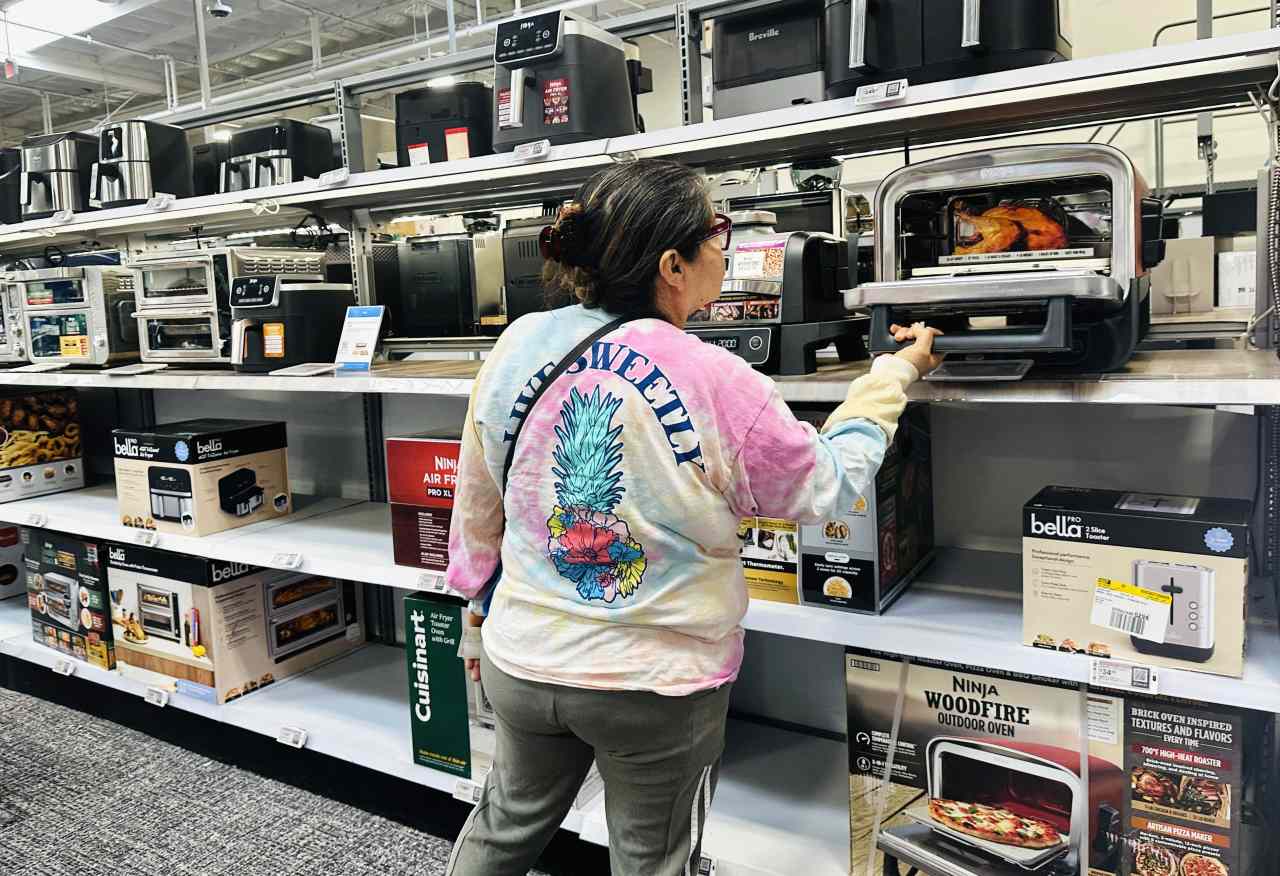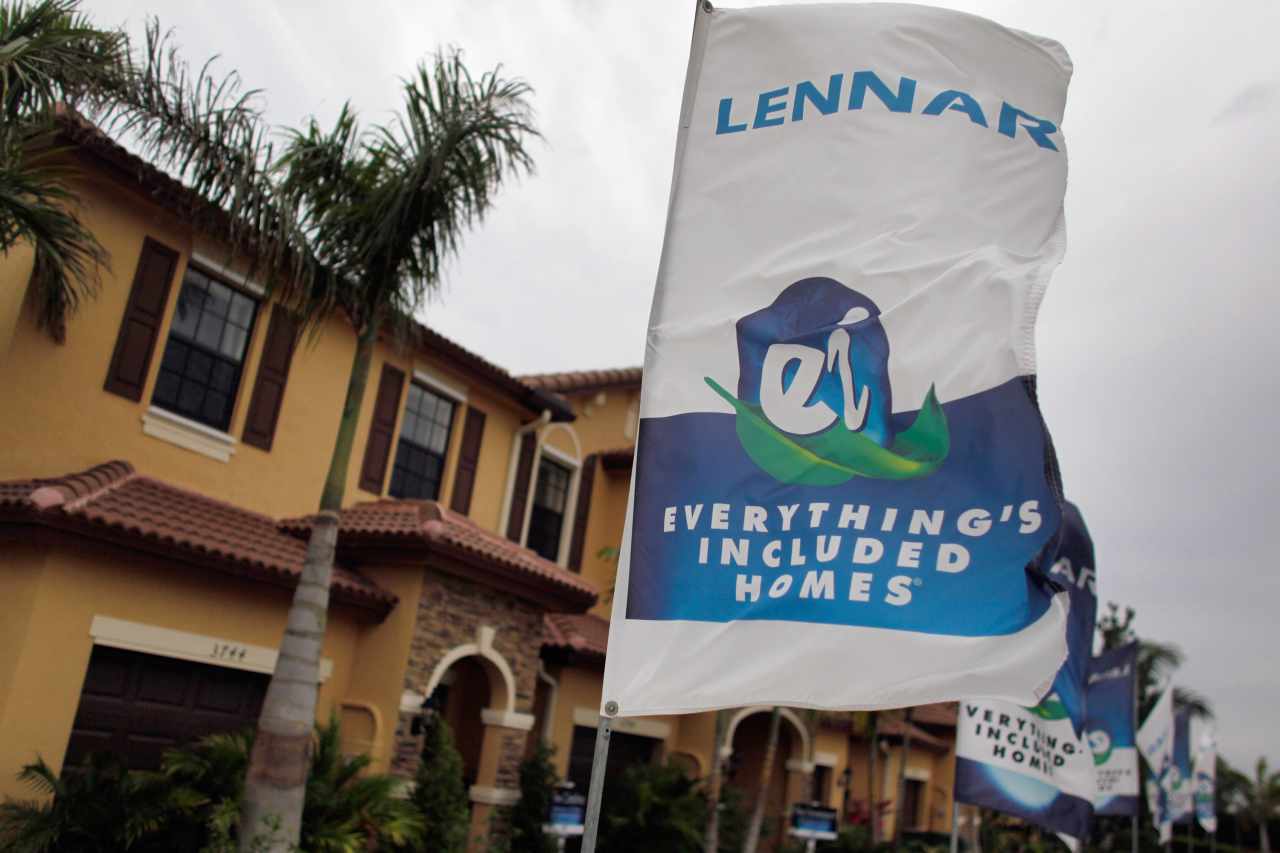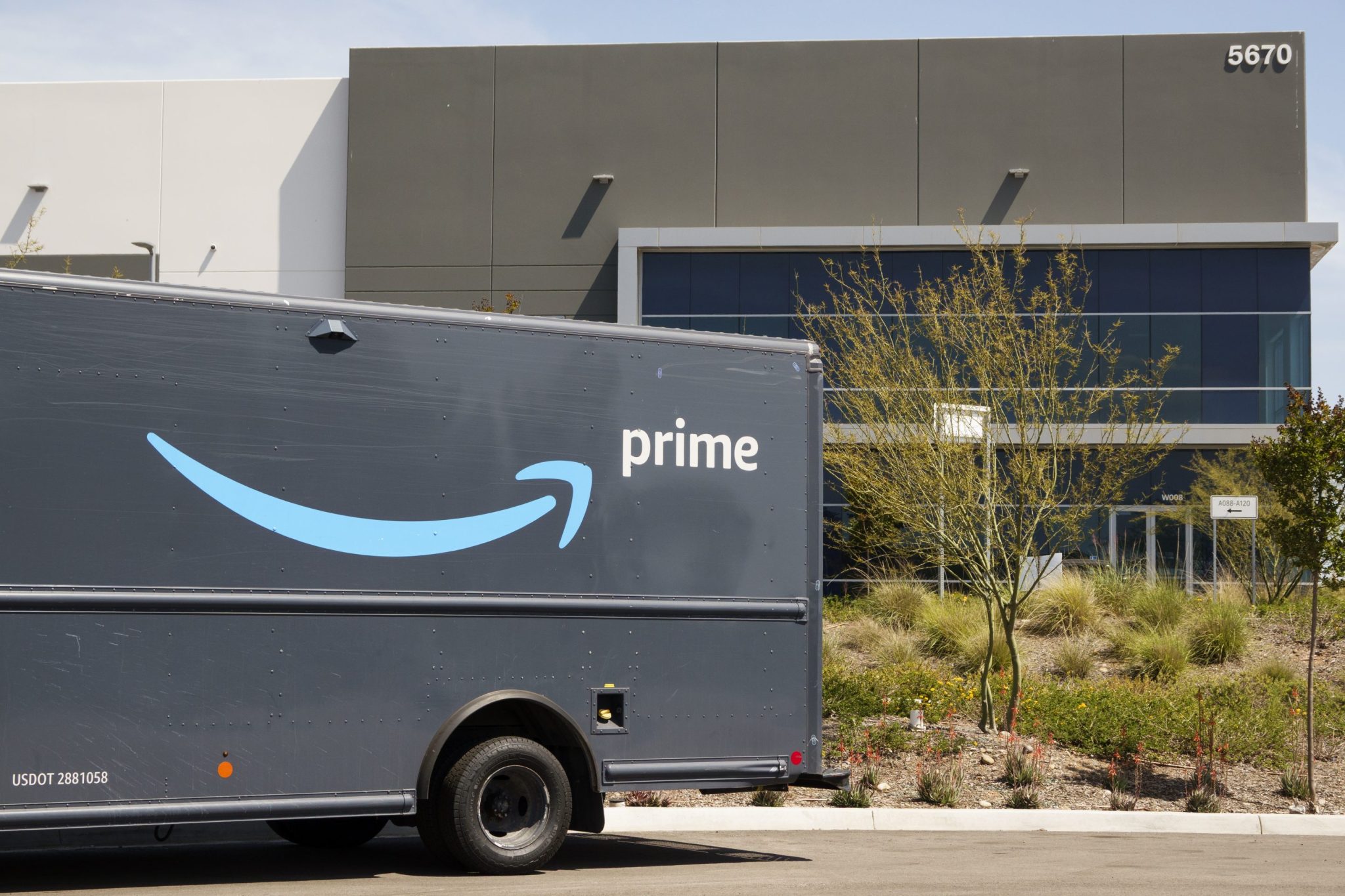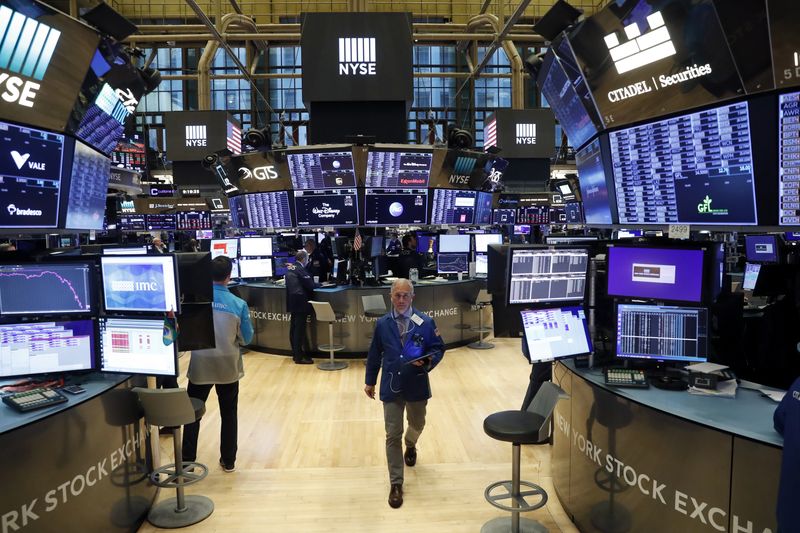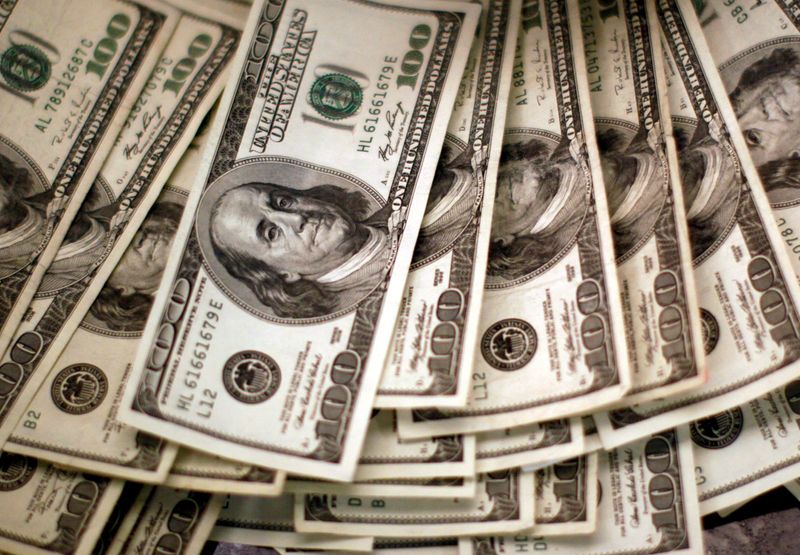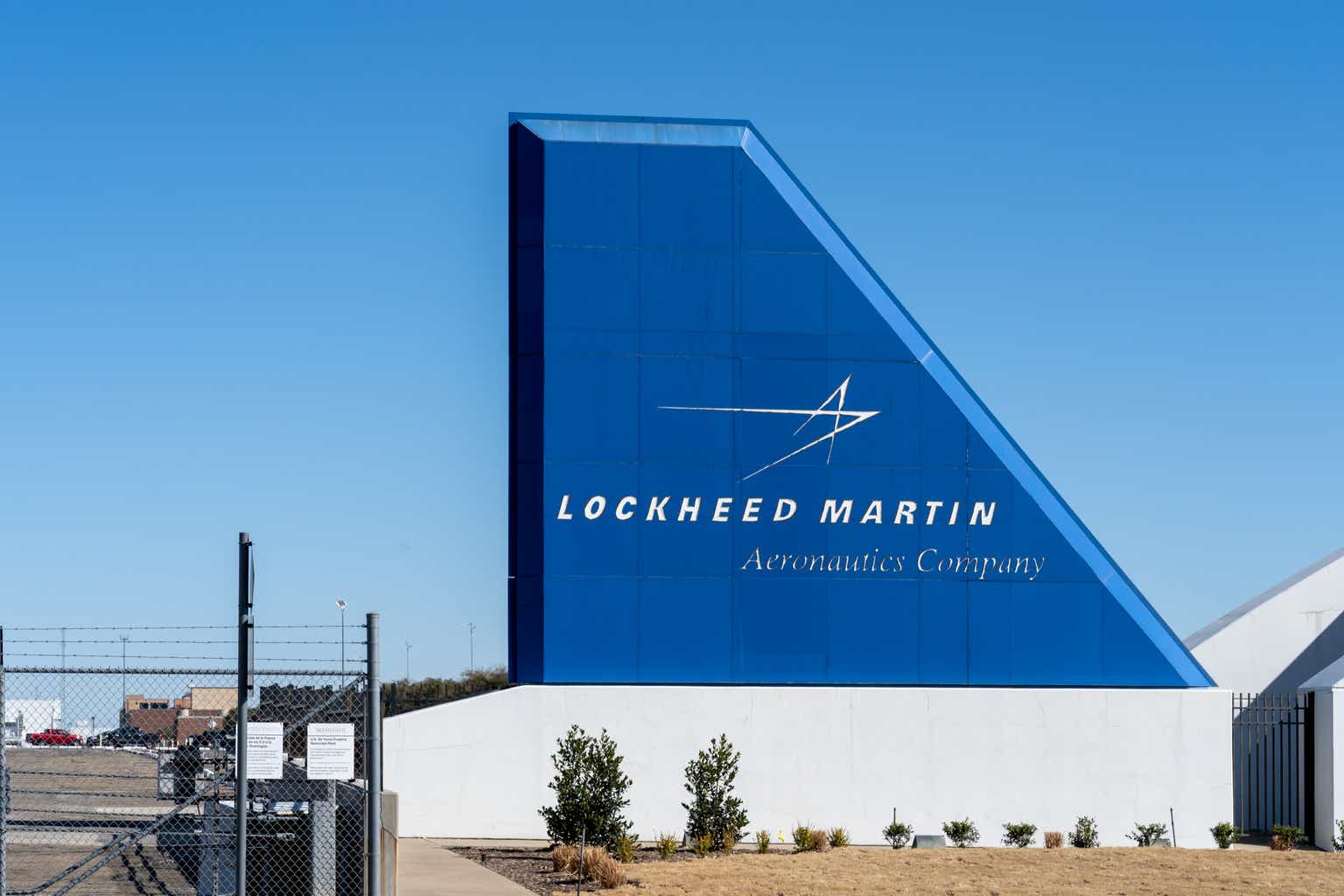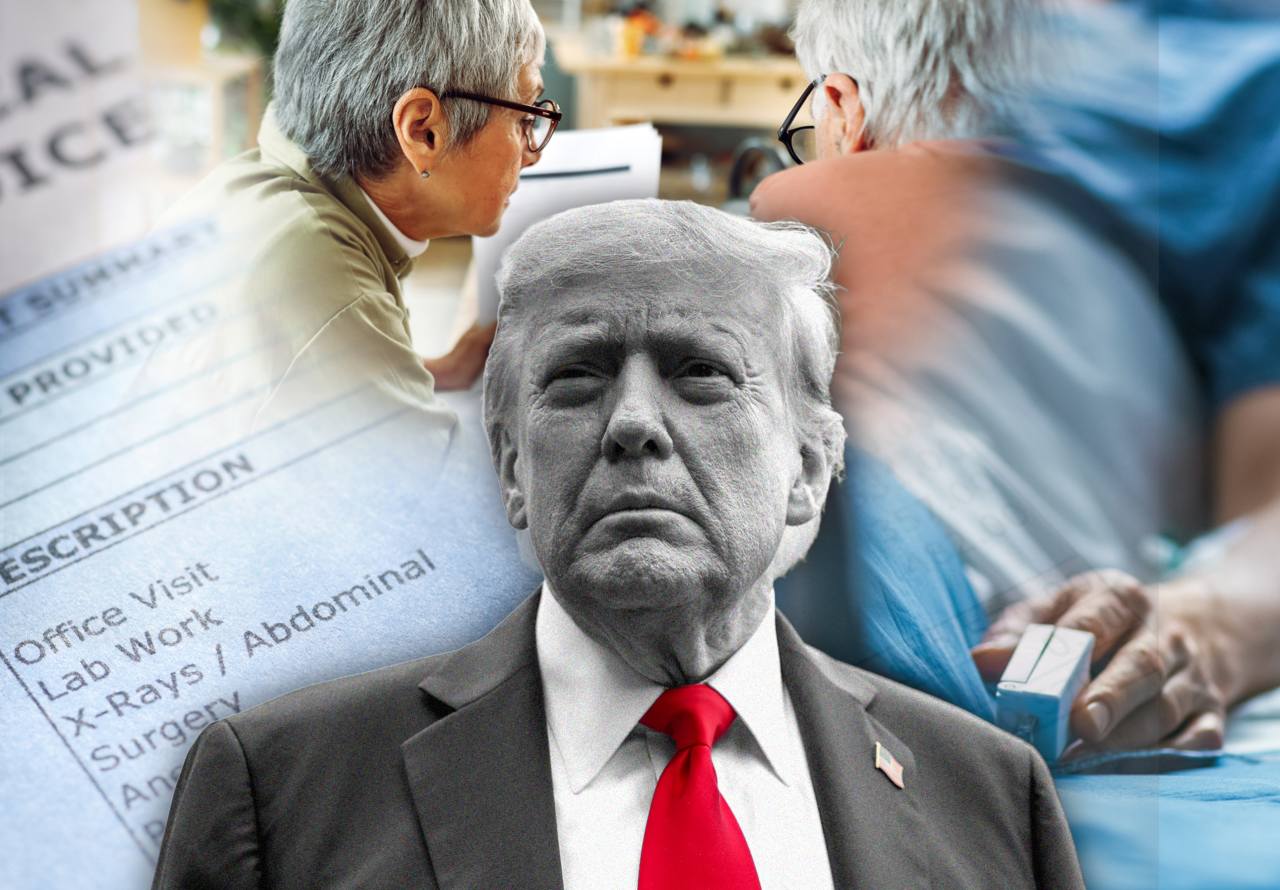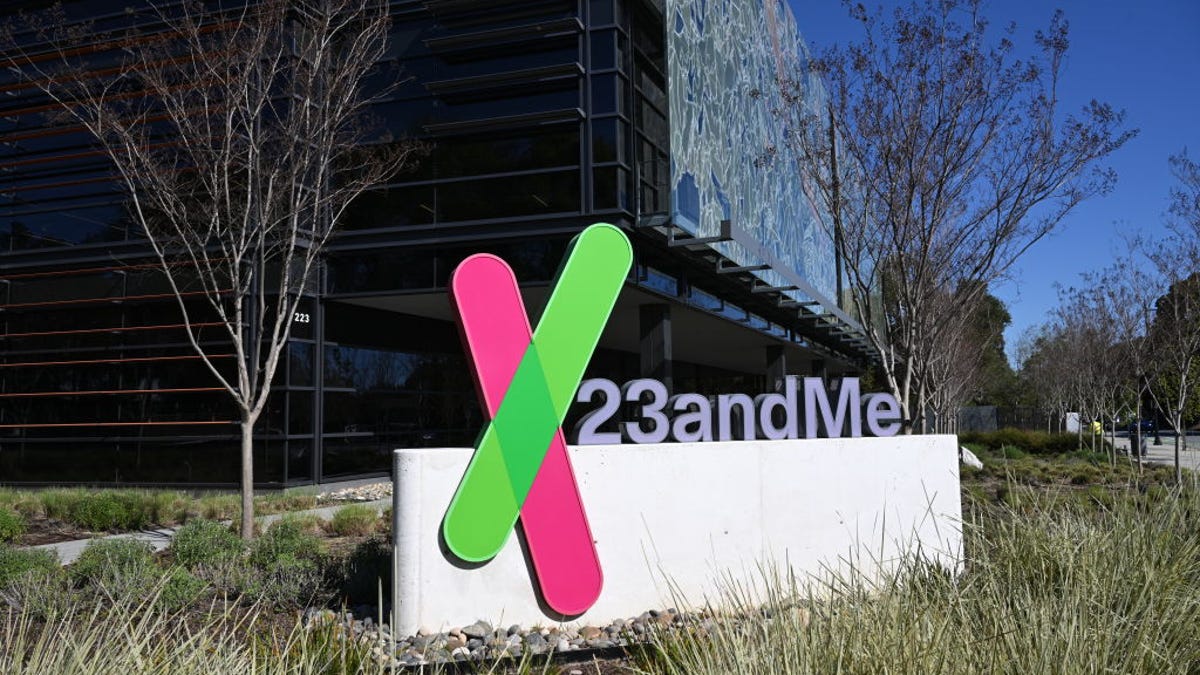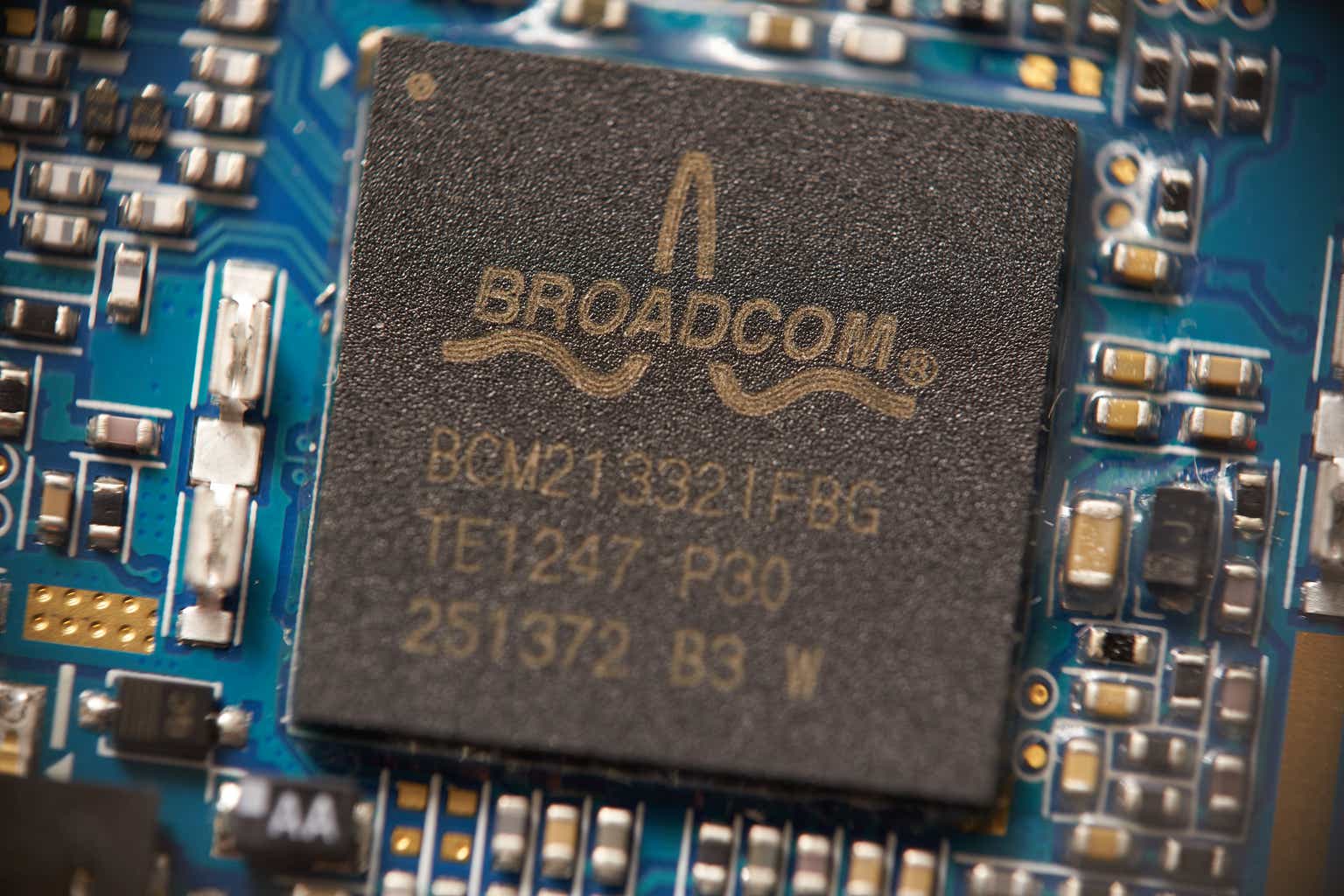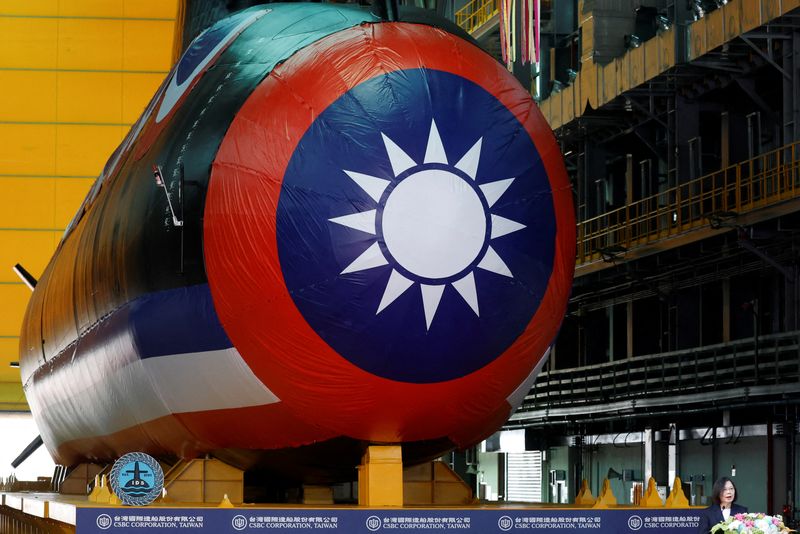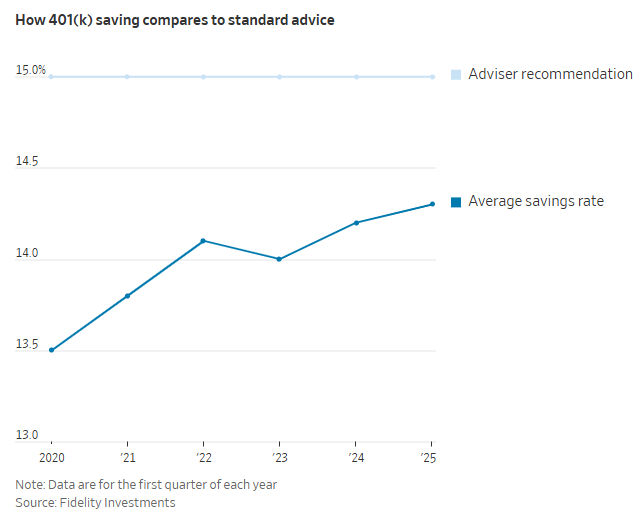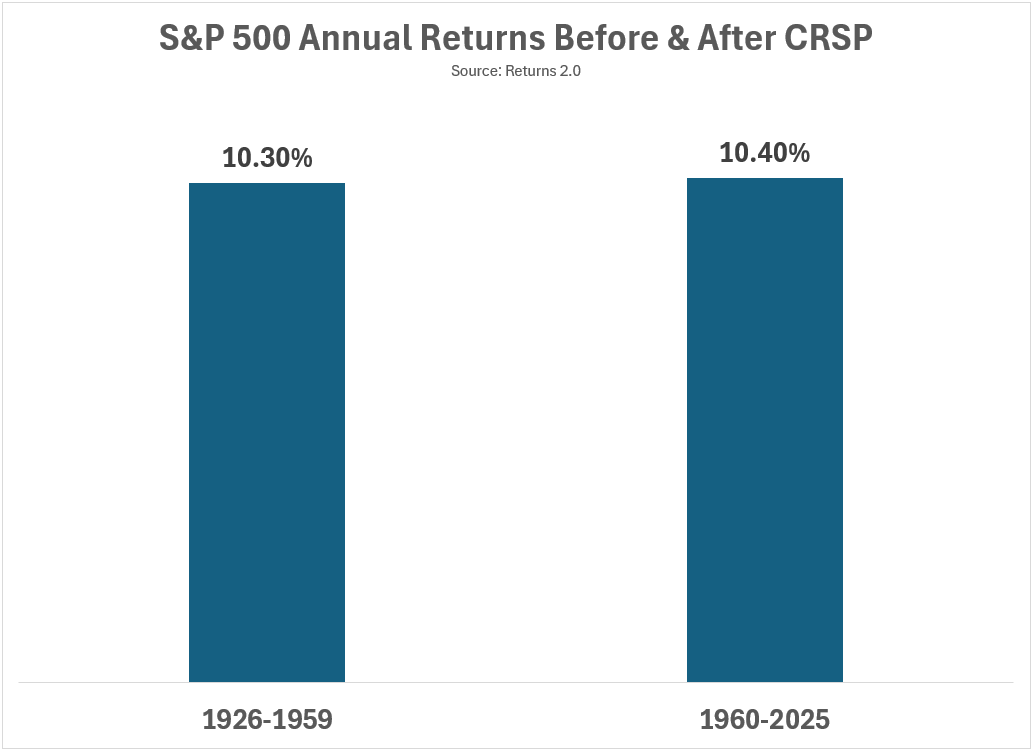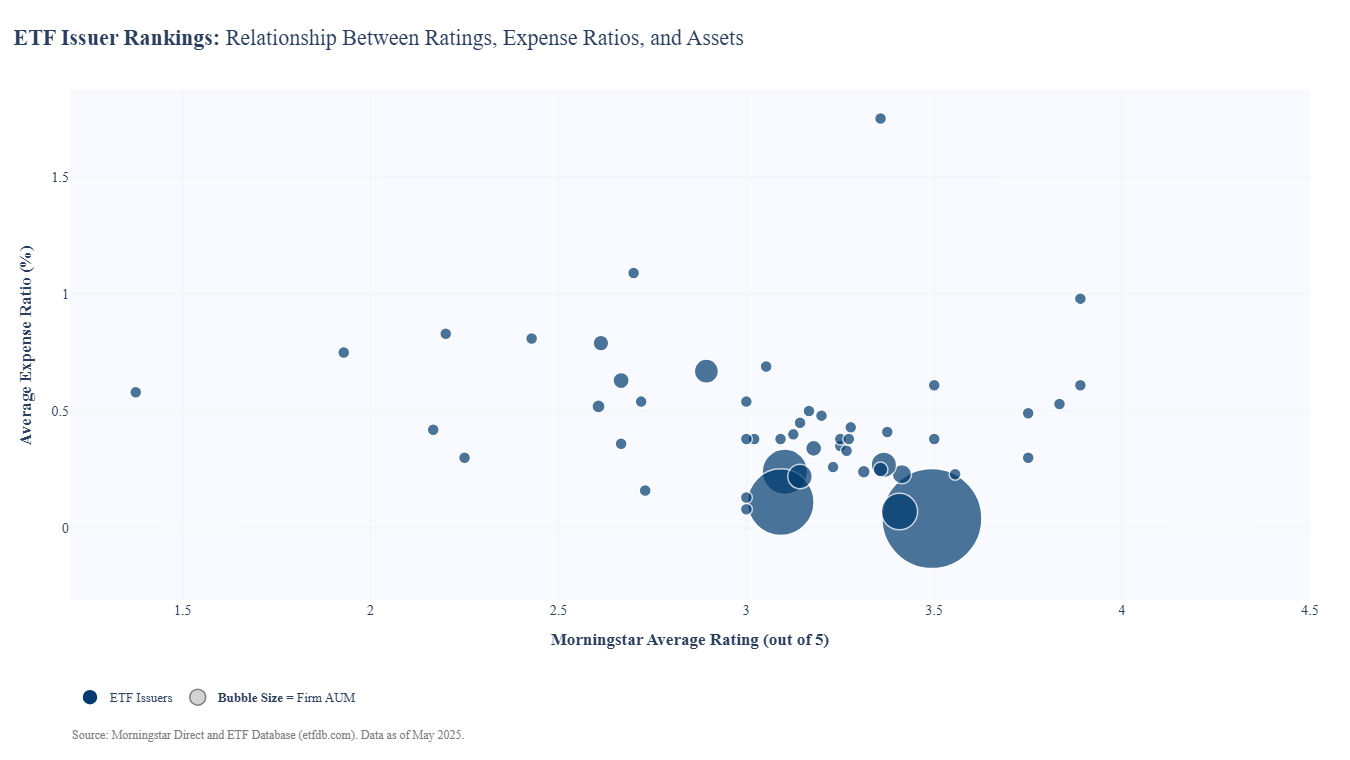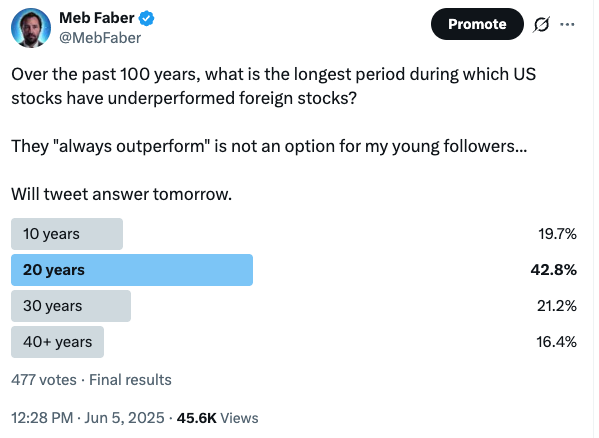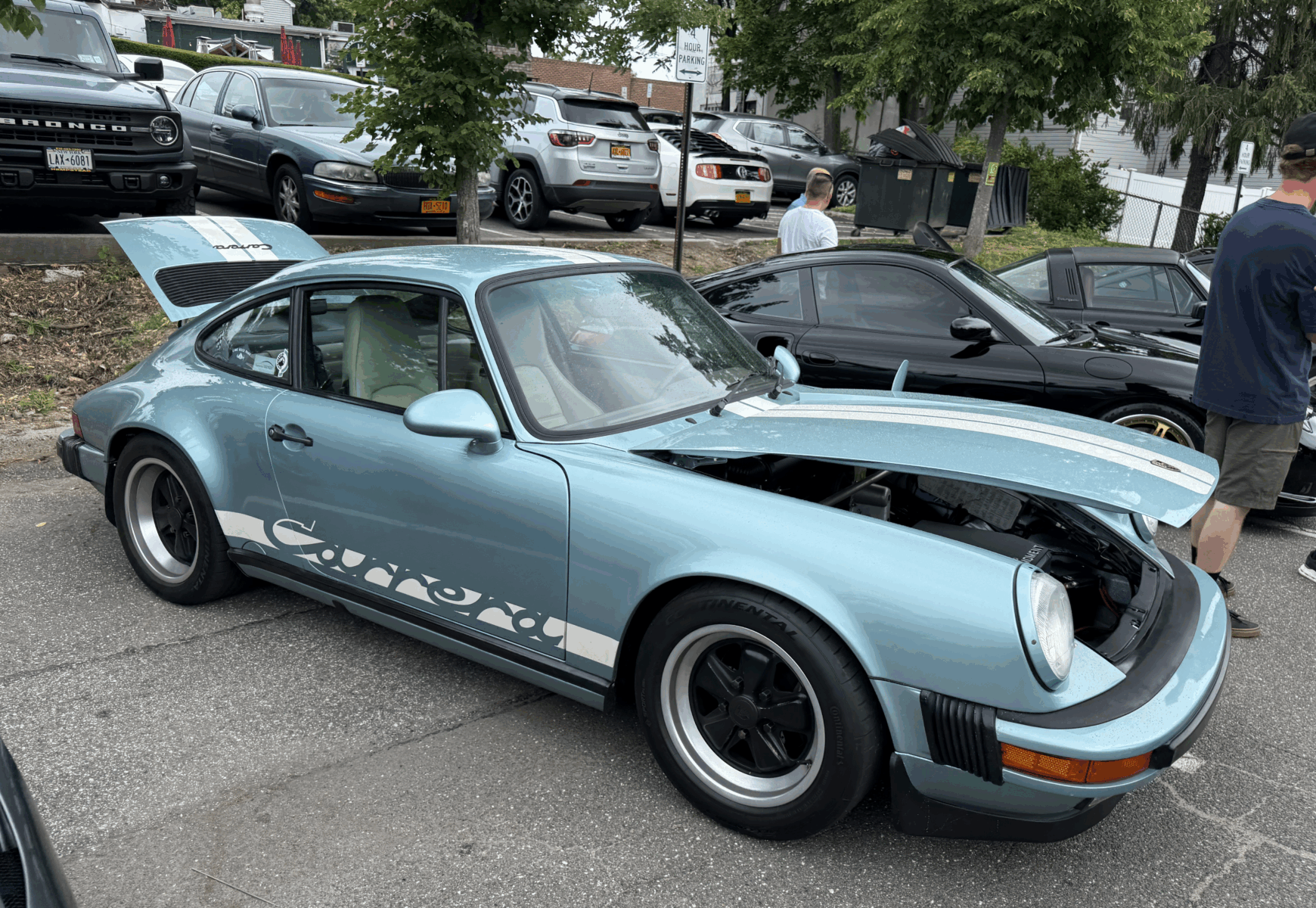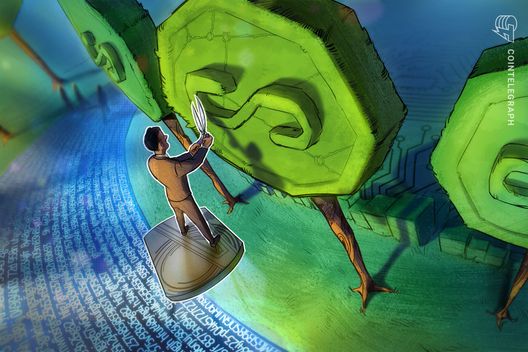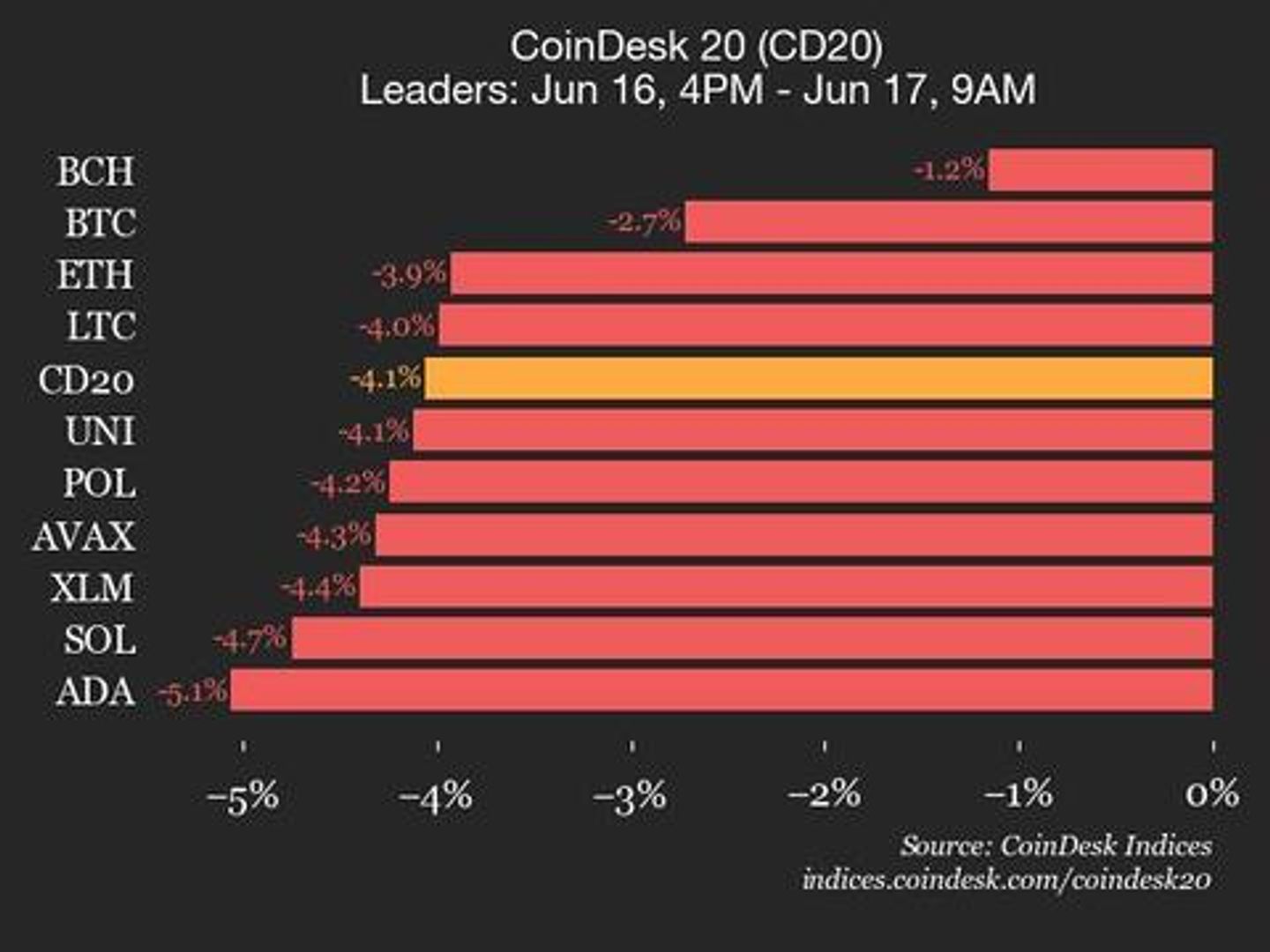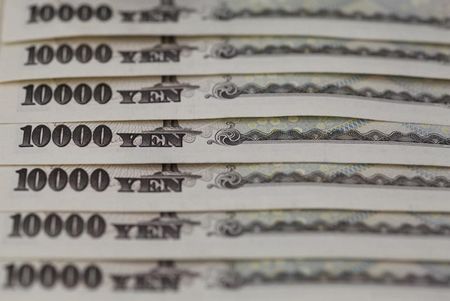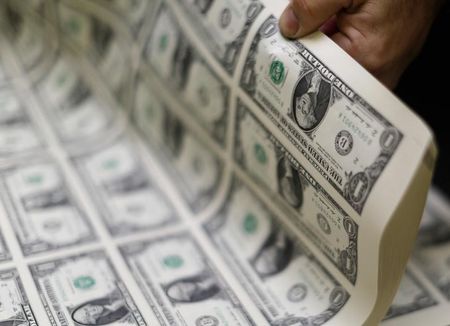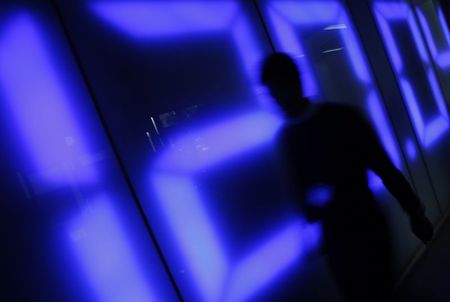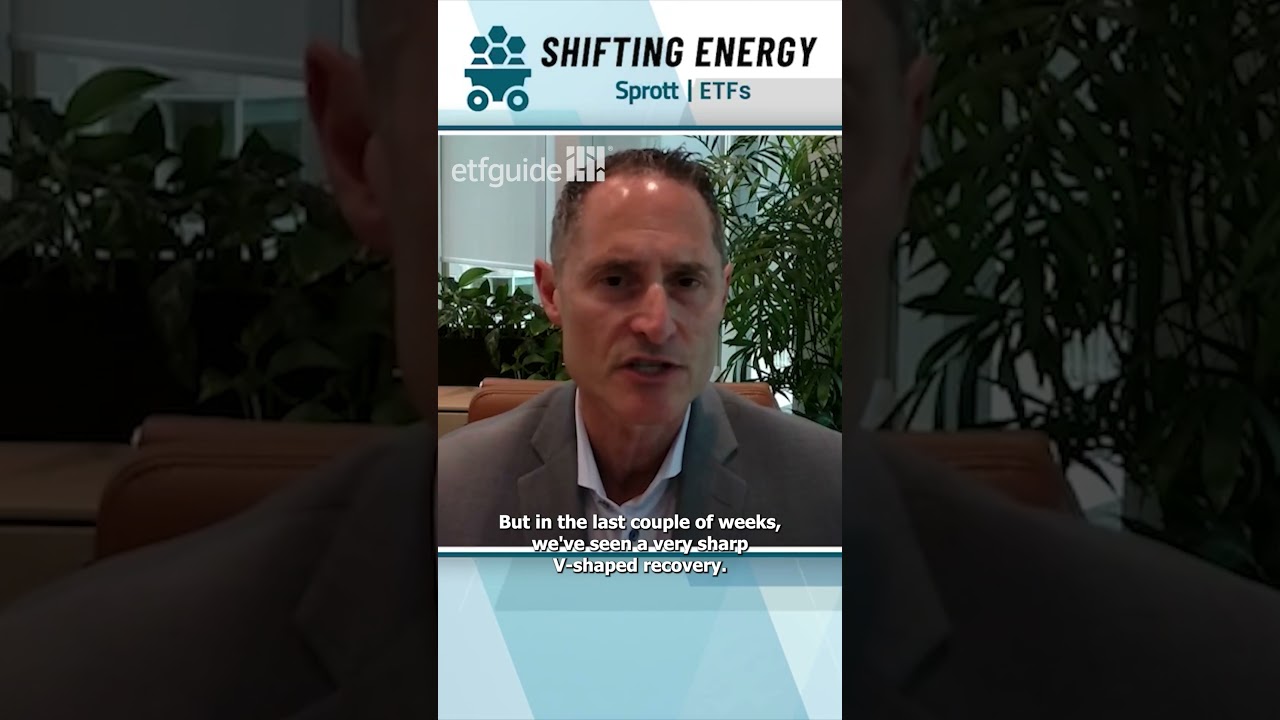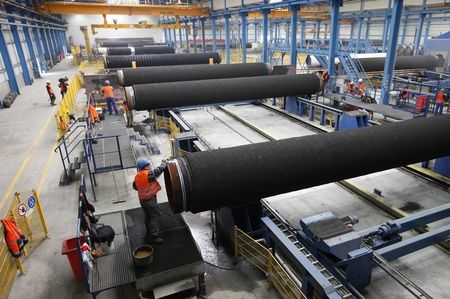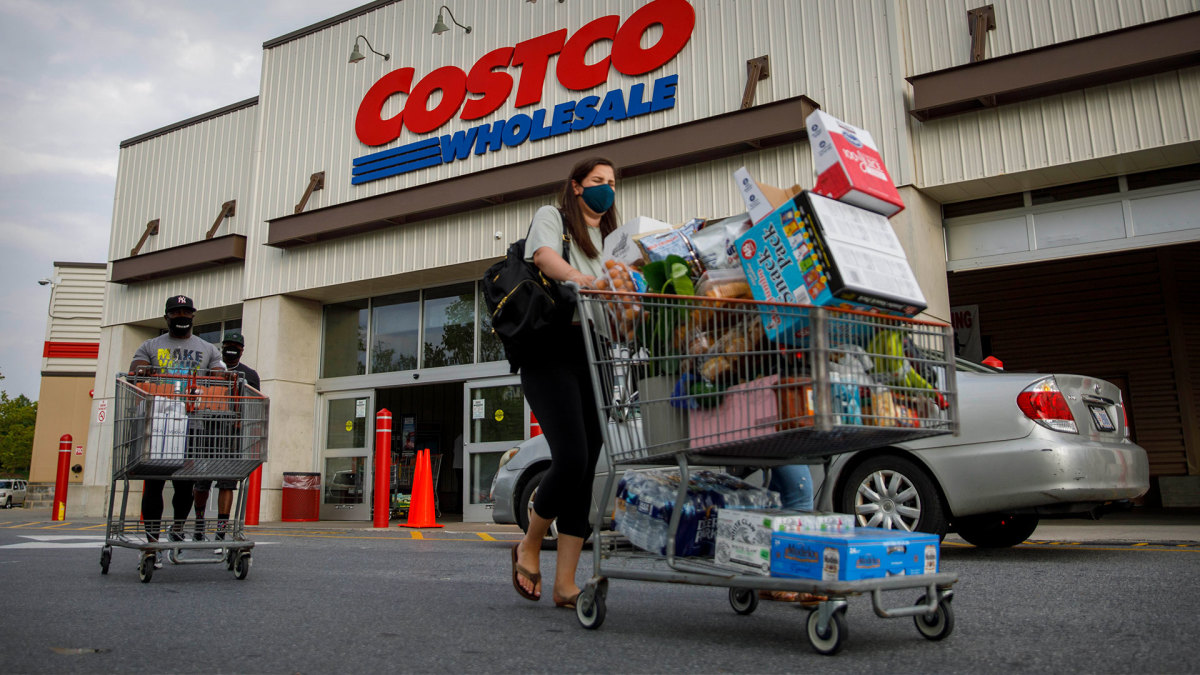Toyota budget Tesla Model Y killer takes off in China
You can't get this EV in the US, but Toyota is selling a bunch of them in China.
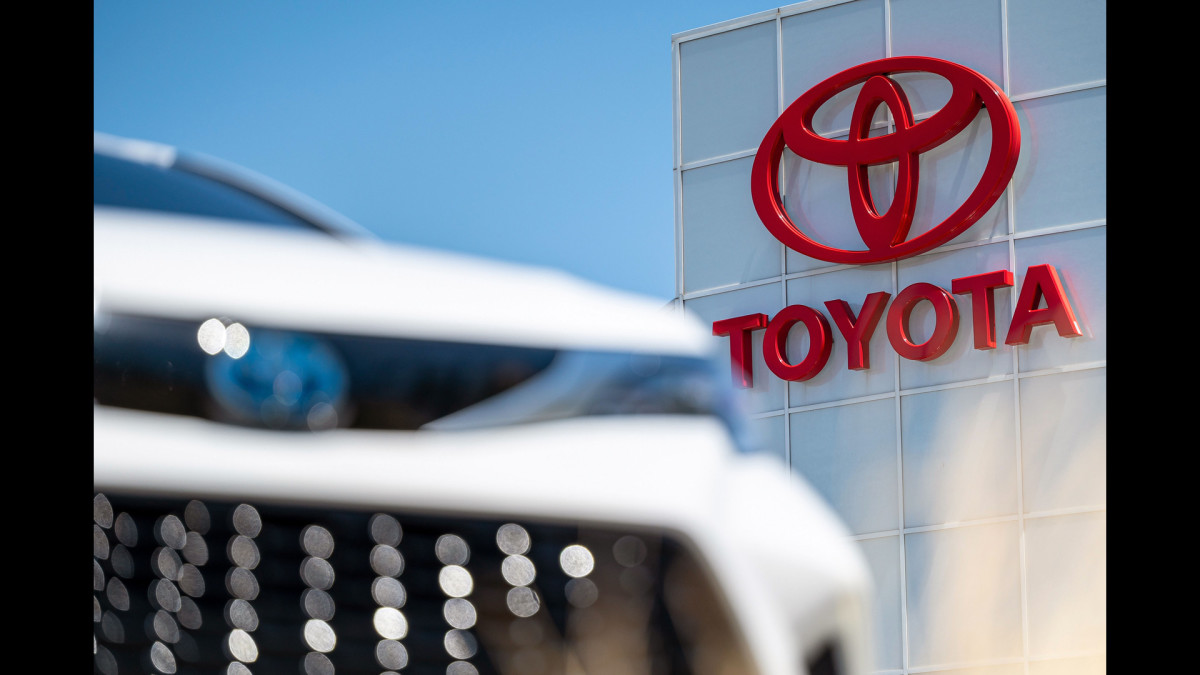
At this point, Toyota is almost as much a part of the U.S. auto industry as the Detroit Big 3.
Toyota is by far the most popular brand in the States.
Toyota sold over 2.3 million vehicles in the U.S. in 2024, a 3.7% year-over-year increase. Just in the last 12 months, between April 2024 and March 2025, the company built 1.96 million units in the U.S., according to Statista.
Related: Elon Musk, Tesla finally get some good news out of China
Meanwhile, 52% of the 2.7 million vehicles GM sold globally last year were “made in the USA.“
Of the Big 3, GM isn't even ahead of Stellantis (57%), a multinational conglomerate based in Europe, in terms of domestic production.
Ford leads the way, with 77% of the cars it sells originating from the States.
But even though Toyota has a dominant position in the States, the U.S. EV market isn't very developed right now.
In fact, current U.S. government policy concerning tax credits for EVs suggests that the U.S. market is getting ready to contract rather than expand.
At the same time, China controls the key element EVs need for their batteries.
China controls over 70% of the world's rare earth mining, 85% of its refining capacity, and 90% of rare earth metal alloy and magnet production.
So Toyota, despite its U.S. ties, is headed West to debut its latest mass-market EV SUV, which is selling like crazy in the world's largest EV market. Image source: Retamal/AFP via Getty Images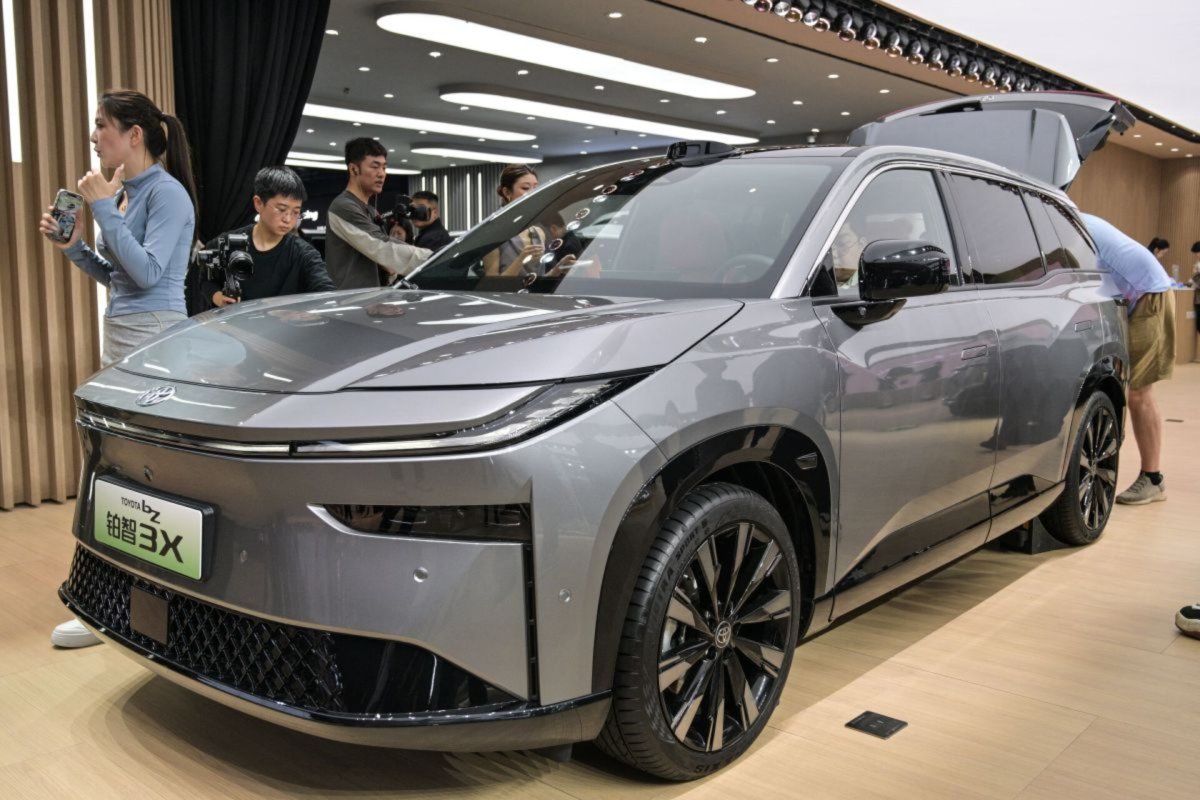
Toyota's new budget electric SUV is already a hit in China
Toyota debuted the bZ3X, its budget electric SUV, in China in March. In May, the vehicle became the best-selling foreign EV in China.
Toyota launched the bZ3X through its joint venture, GAC Toyota, at a starting price of 109,800 yuan, or about $15,000, making it the Japanese automaker's “first 100,000 yuan-level pure electric SUV” and the most affordable EV so far in China, according to Electrek.
The BZ3X sold 4,344 units in May, edging out the Volkswagen ID.3, which sold 4,217 units. Fellow Japanese automaker Nissan came in third with its new N7 sedan.
Toyota claimed that it took so many orders when the bZ3X dropped that the server crashed after taking over 10,000 orders in an hour.
Related: Toyota moves production of popular US sedan to Britain
The compact electric SUV is considered conservative-looking, but Toyota is betting that consumers are willing to pay a little bit more for a light detection and ranging (LiDAR) driver assistance system.
Toyota offers the bZ3X in seven different trims, but only two of them feature LiDAR, which is considered superior to the camera-based system Tesla utilizes for its Full Self Driving system, for a slightly higher price.
The car also offers two battery options that grant driving ranges of 430 km (267 miles) and 610 km (379 miles), respectively.
Tesla loses ground in its most important foreign market
China's EV industry has shifted into overdrive. The Chinese government has been pushing its citizens to adopt the green technology using cash, tax, and other incentives to get them to purchase EVs and hybrids.
In late May, BYD, Tesla's biggest rival in China, launched a new round of price cuts of up to 53,000 yuan (about $7,300) across 22 models.
The move sent shock waves throughout the industry, as smaller rivals will have trouble keeping up wth the discounts the much-larger BYD can offer. The move was so drastic that the China Association of Automobile Manufacturers (CAAM) and the Ministry of Industry and Information Technology had to issue public warnings about “disorderly price wars.”
More Automotive news:
- General Motors delivers surprising business update
- Ford reports surprising news amid Tesla turmoil
- Apple creates a clever way to stop car thieves
BYD controls 32% of China's new energy vehicle market, compared to Tesla's 6.1% market share.
Tesla has been marketing in China using the made-in-China mantra, but data shows that production at its China plant is slowing.
Tesla made 58,459 Model 3 and Model Y vehicles at Gigafactory Shanghai in April, a 6% year-over-year decline. This came as demand fell, wth delivery data also declining in recent weeks.
To fight back, Tesla has been discounting its vehicles in China wth subsidized 0% interest rates and direct discounts.
